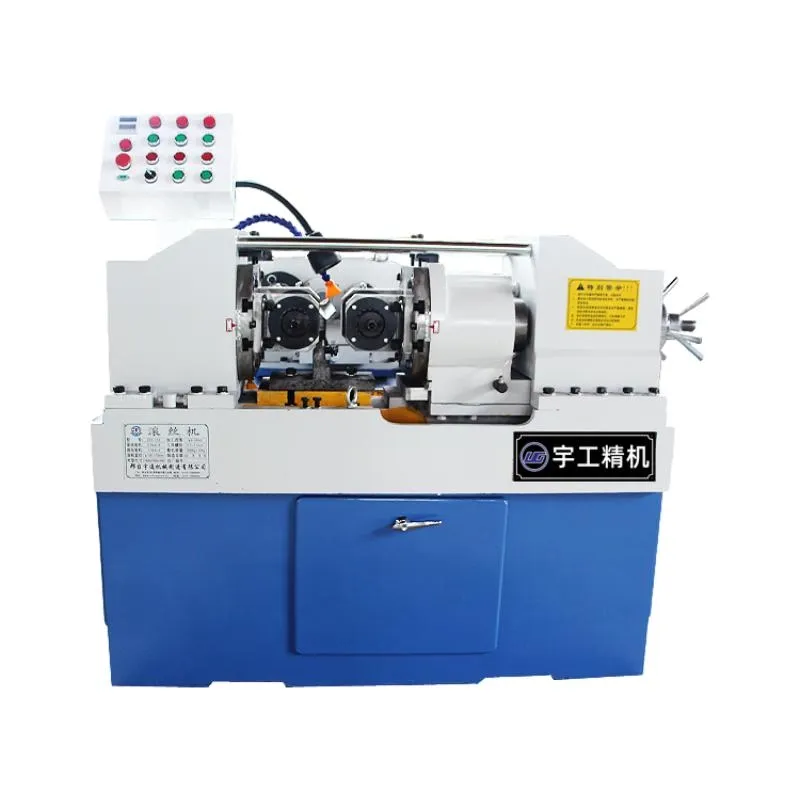
-
 Afrikaans
Afrikaans -
 Albanian
Albanian -
 Amharic
Amharic -
 Arabic
Arabic -
 Armenian
Armenian -
 Azerbaijani
Azerbaijani -
 Basque
Basque -
 Belarusian
Belarusian -
 Bengali
Bengali -
 Bosnian
Bosnian -
 Bulgarian
Bulgarian -
 Catalan
Catalan -
 Cebuano
Cebuano -
 Corsican
Corsican -
 Croatian
Croatian -
 Czech
Czech -
 Danish
Danish -
 Dutch
Dutch -
 English
English -
 Esperanto
Esperanto -
 Estonian
Estonian -
 Finnish
Finnish -
 French
French -
 Frisian
Frisian -
 Galician
Galician -
 Georgian
Georgian -
 German
German -
 Greek
Greek -
 Gujarati
Gujarati -
 Haitian Creole
Haitian Creole -
 hausa
hausa -
 hawaiian
hawaiian -
 Hebrew
Hebrew -
 Hindi
Hindi -
 Miao
Miao -
 Hungarian
Hungarian -
 Icelandic
Icelandic -
 igbo
igbo -
 Indonesian
Indonesian -
 irish
irish -
 Italian
Italian -
 Japanese
Japanese -
 Javanese
Javanese -
 Kannada
Kannada -
 kazakh
kazakh -
 Khmer
Khmer -
 Rwandese
Rwandese -
 Korean
Korean -
 Kurdish
Kurdish -
 Kyrgyz
Kyrgyz -
 Lao
Lao -
 Latin
Latin -
 Latvian
Latvian -
 Lithuanian
Lithuanian -
 Luxembourgish
Luxembourgish -
 Macedonian
Macedonian -
 Malgashi
Malgashi -
 Malay
Malay -
 Malayalam
Malayalam -
 Maltese
Maltese -
 Maori
Maori -
 Marathi
Marathi -
 Mongolian
Mongolian -
 Myanmar
Myanmar -
 Nepali
Nepali -
 Norwegian
Norwegian -
 Norwegian
Norwegian -
 Occitan
Occitan -
 Pashto
Pashto -
 Persian
Persian -
 Polish
Polish -
 Portuguese
Portuguese -
 Punjabi
Punjabi -
 Romanian
Romanian -
 Russian
Russian -
 Samoan
Samoan -
 Scottish Gaelic
Scottish Gaelic -
 Serbian
Serbian -
 Sesotho
Sesotho -
 Shona
Shona -
 Sindhi
Sindhi -
 Sinhala
Sinhala -
 Slovak
Slovak -
 Slovenian
Slovenian -
 Somali
Somali -
 Spanish
Spanish -
 Sundanese
Sundanese -
 Swahili
Swahili -
 Swedish
Swedish -
 Tagalog
Tagalog -
 Tajik
Tajik -
 Tamil
Tamil -
 Tatar
Tatar -
 Telugu
Telugu -
 Thai
Thai -
 Turkish
Turkish -
 Turkmen
Turkmen -
 Ukrainian
Ukrainian -
 Urdu
Urdu -
 Uighur
Uighur -
 Uzbek
Uzbek -
 Vietnamese
Vietnamese -
 Welsh
Welsh -
 Bantu
Bantu -
 Yiddish
Yiddish -
 Yoruba
Yoruba -
 Zulu
Zulu
Innovative Thread Rolling Machines for Custom Manufacturing Solutions
Understanding Custom Thread Rolling Machines A Comprehensive Overview
In the fast-evolving landscape of manufacturing and precision engineering, the demand for high-quality threaded fasteners has significantly increased. Industries ranging from automotive to aerospace require reliable components that can withstand substantial loads and function under extreme conditions. This is where custom thread rolling machines come into play, revolutionizing the way threads are manufactured.
What is Thread Rolling?
Thread rolling is a manufacturing process used to create threads on a workpiece by deforming the material, rather than cutting it. This method offers several advantages over traditional machining processes, such as improved strength, surface finish, and dimensional accuracy. During thread rolling, a workpiece is passed between two or more rollers that impress the desired thread form into the metal, essentially rolling the thread into the material.
The Importance of Customization
While standard thread rolling machines can handle a variety of threading tasks, the increasing need for specific and unique threading solutions has led to a surge in demand for custom thread rolling machines. Custom machines are designed and built to meet the precise requirements of a manufacturer’s projects, including unique thread profiles, materials, and production volumes.
Customization allows engineers to specify the dimensions and tolerances necessary for their specific applications. This flexibility is crucial in industries like aerospace, where high-stress components must meet stringent safety and performance standards. Custom machines can also accommodate various sizes and types of materials, including stainless steel, titanium, and other hard alloys, making them versatile tools in any manufacturing facility.
Key Features of Custom Thread Rolling Machines
1. Precision Engineering Custom machines are designed with precision components that ensure high accuracy in thread formation. Features such as advanced CNC (computer numerical control) systems enable manufacturers to produce complex thread geometries repeatedly with minimal variations.
custom thread rolling machine

2. Versatility These machines can often be configured to handle multiple threading operations, allowing manufacturers to switch between different thread designs without significant downtime. This versatility is especially beneficial for companies producing a wide range of products.
3. Increased Efficiency Custom thread rolling machines are optimized for the specific threading needs of the manufacturer. This leads to reduced cycle times and increased productivity, which is essential in today’s competitive market.
4. Material Handling Many custom machines come equipped with advanced material handling systems that streamline the loading and unloading processes, reducing labor costs and minimizing the risk of material damage.
5. Integration Capability Modern custom thread rolling machines can easily integrate with existing manufacturing systems. This integration allows for enhanced automation, including the use of robots for material handling and movement.
Applications of Custom Thread Rolling Machines
Custom thread rolling machines find applications across various sectors. In the automotive industry, they produce critical components like bolts, nuts, and studs that are subject to rigorous performance and safety standards. The aerospace sector relies on these machines to deliver components that meet strict regulations and can operate under harsh conditions.
In the construction industry, custom thread rolling is used for manufacturing fasteners that hold structures together. Additionally, custom machines serve industries such as electronics, where precision is paramount for components like screws and connectors.
Conclusion
The advent of custom thread rolling machines marks a significant innovation in the field of manufacturing. By offering tailored solutions that enhance productivity, precision, and efficiency, these machines meet the diverse requirements of modern industries. As the demand for specialized threaded components continues to grow, the role of custom thread rolling machines will undoubtedly expand, driving advancements in technology and manufacturing processes. Businesses seeking a competitive edge would do well to consider the integration of custom thread rolling solutions into their operations, ensuring they stay at the forefront of quality and efficiency in production.
